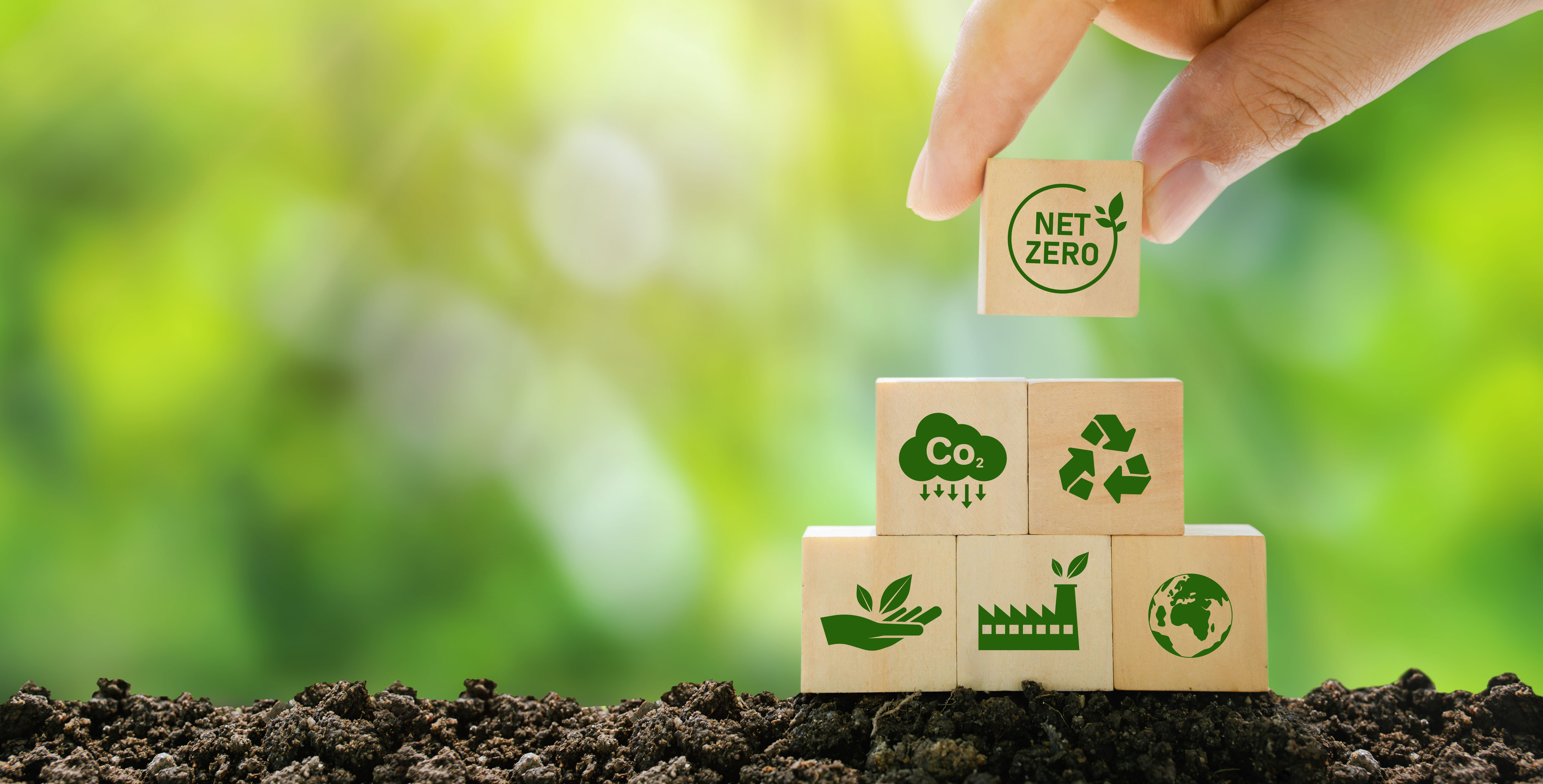Energy transition, climate goals, and sustainability are popular, yet contentious topics.
Blog post
The blogpost is written by

The problem is complex, and to reach sustainable energy production, research, innovation, and implementation of solutions are required. Communicating research efforts to the public is paramount for building awareness of the challenges and the research efforts necessary to reach climate and sustainability goals.
In Norway, the petroleum industry accounts for 25% of CO2 emissions (scope 1 and 2; CO2 emissions directly or indirectly produced from energy production); therefore, there is a need for research and innovation to reduce emissions. Half of the oil and gas industry’s emissions are from energy used to manage the water used in the oil and gas reservoir for maintaining pressure and production. By reducing the amount of handled water, emissions can be reduced rapidly, and hydrocarbons will be produced with a much lower CO2 footprint. Furthermore, the subsurface of the Norwegian Continental Shelf has the potential to be transformed to a sustainable energy system, where hydrocarbon production coexists with storage and production of other energy types and carriers (e.g. hydrogen, geothermal) and waste (e.g. CO2).
The NCS2030, National Centre for Sustainable Utilisation of the Norwegian Continental Shelf, contributes to solving the sustainability dilemma – how best to utilise the nation’s resources to ensure stable energy access, while at the same time reducing greenhouse gas emissions and convey with climate goals. The centre started in 2022 and is funded by the Research Council of Norway, six oil and energy companies, and in-kind support from the four research partners and two technology suppliers. The University of Stavanger is the host institution, and NORCE, IFE, and the University of Bergen are research partners. The broad interdisciplinary group is made up of more than 70 researchers. The centre has four main themes of research, which include:
- Holistic and sustainable utilisation of the subsurface, wherein the centre investigates how resources such as hydrocarbons and geothermal energy are exploited, and how hydrogen and CO2 can be stored in large scales in the subsurface;
- Improved oil recovery to minimise the carbon footprint from hydrocarbon production. Methods that improve reservoir sweep, accelerate oil production, and reduce water handling are developed in order to reach net zero emissions from production;
- Digitalisation and machine learning focus on developing tools and methodologies to maximise large data set utilisation, improve reservoir models not only for hydrocarbons, but CO2 and hydrogen storage, and handle uncertainty in order to make better decisions; and
- Society, by understanding the societal and economic impact of the energy transition and the role of hydrocarbons in it; a main focus of this theme is how public acceptance and political decisions may impact the present and future development of the Norwegian continental shelf, such as electrification and CO2 taxation.
